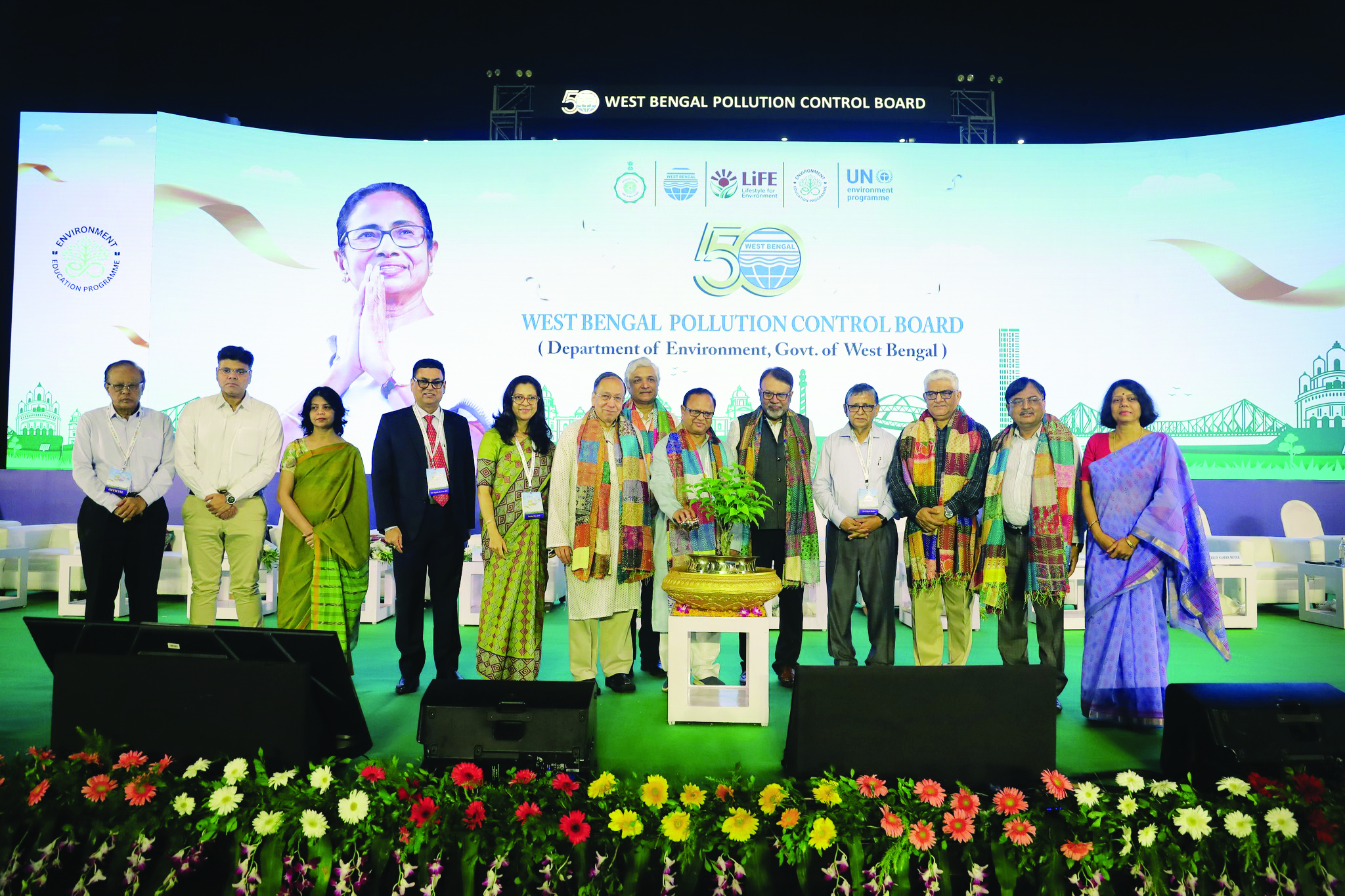Bengal govt to finalise state action plan for tackling climate change

Kolkata: The Environment department is on the verge of finalising its State Action Plan (SAP) for climate change in the backdrop of ever-increasing temperature, change in rainfall pattern, rising sea level and frequent cyclones hitting the coastal belt of Bengal.
“The state has been divided into seven agro climatic zones. We have analysed meteorological data from 1901 to 2022 to reveal climate trends, especially temperature change and rainfall within Bengal.
The Indian Statistical Institute (ISI) helped us analyse the data. We observed how both temperature and climate in the state changed in the agro climatic zones. This will help us in focusing our activities as per need of the regions,” said Roshni Sen, additional chief secretary of Environment department at a programme organised by West Bengal Pollution Control Board (WBPCB) commemorating its golden jubilee.
The SAP for climate change is aimed at promoting renewable energy, increasing forest cover, sustainable water management, climate smart agriculture that will involve promoting climate resilient crops, efficient irrigation system and sustainable climatic practices to ensure food security. Special emphasis was given on disaster preparedness considering the vulnerability of the state.
There are two Ramsar sites in Bengal — East Kolkata Wetlands (EKW) and Sunderbans. According to Sen, a detailed plan is being drawn up for Sunderbans with the help of the World Bank. For EKW, which is capable of naturally treating waste water to the extent of 910 million litres per day, the department took up an integrated management plan.
The department is keeping a strict vigil for protection of EKW which prevents the city from inundation in case of heavy rain and ensures that groundwater depletion does not become a major threat for Kolkata.
Sugata Bose, Gardiner Chair, Harvard University, the chief guest at the event, called for further strengthening of surface water management and batted for a people’s environment movement in Bengal. The WBPCB chairman Kalyan Rudra advocated for reducing dependence on ground water.
The annual report of WBPCB (2022-23) was released at the programme.



